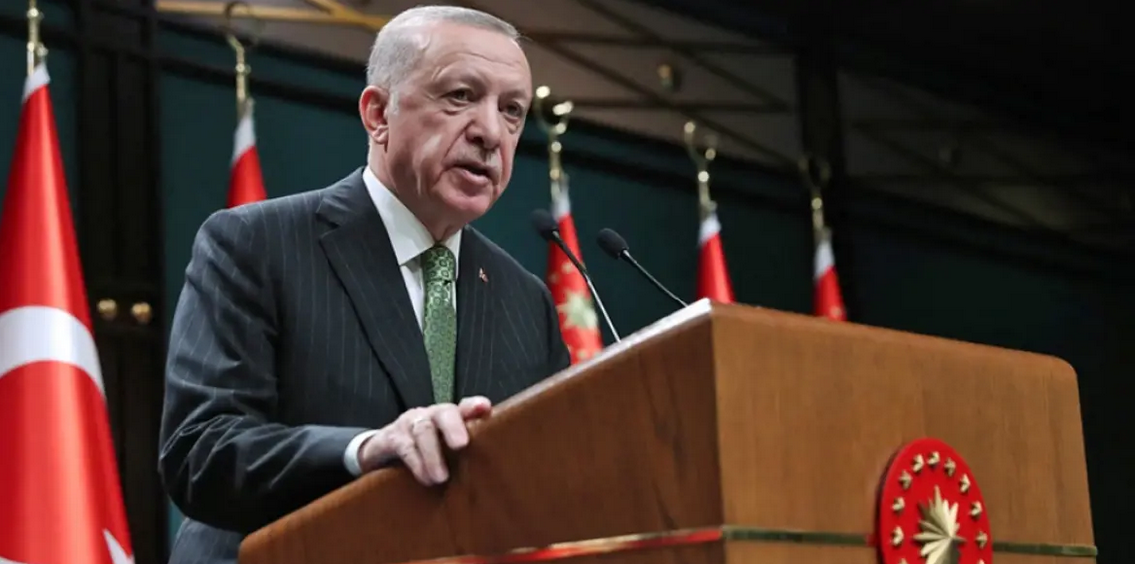Provocative and incendiary statements from the Turkish side that constantly target Greece continue everyday non-stop.
The exponents of this provocative rhetoric are usually the Turkish president Recep Tayyip Erdogan, Hulusi Akara, Mevlut Cavusoglu and even more officials who speak officially against Greece.
The Turkish President this time accused Greece of “harboring terrorists” in a camp in Lavrio, while arguing that the Greek weapons in western Thrace and islands mean nothing to Ankara.
Shortly after the Turkish president’s statements, the EU called on Turkey “to respect the sovereignty of EU member states and to commit to solving all open issues in the spirit of good neighborliness with full respect for international law”. The statement was made by its representative for Foreign Affairs, Peter Stano.
In response to a question about the fact that the ambassador of Greece in Ankara, Christodoulos Lazaris, was asked to give an explanation to the Turkish government, but also about the general behavior of Turkey, Mr. Stano noted that he would not comment on “what happened yesterday in Ankara when the ambassador was called, because this is something between the two states”. However, in relation to the overall issue of Ankara’s actions, the representative of the Commission underlined the EU’s solidarity with Greece.
“Greece is a member state of the EU and the EU and its member states have formulated very clearly with a series of conclusions of the European Council, the expectation from Turkey to de-escalate, to commit to a constructive de-escalation in order to proceed to a mutually constructive cooperation not only with Greece, but with the EU as a whole”, said Peter Stano, adding that Turkey is expected to stop “the threatening rhetoric”. Finally, he stated that “the recent actions, provocations, rhetoric are in the opposite direction to the de-escalation that is so much needed”.
In the early morning, the US answer towards Turkey was given through the announcement of the State Department, which emphasized that Greece’s sovereignty over the islands is not disputed.
In a written statement, a spokesman for the US State Department notes that “at a time when Russia has again invaded a sovereign European state, statements that could increase tensions between NATO Allies are not particularly helpful”.
“The United States continues to encourage its NATO allies to work together to maintain peace and security in the region and to resolve disputes through diplomacy. The sovereignty and territorial integrity of all countries must be respected and protected. Greece’s sovereignty over these islands is not disputed,” he clarified.
Ask me anything
Explore related questions

